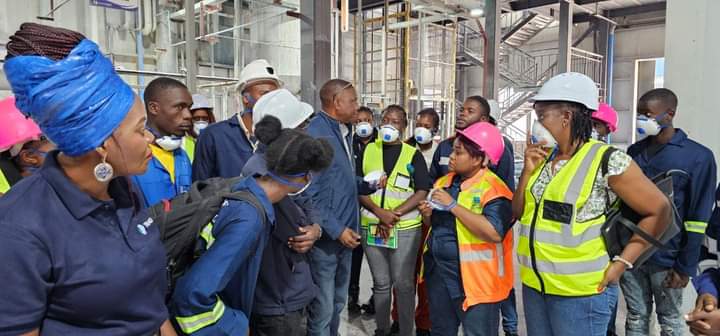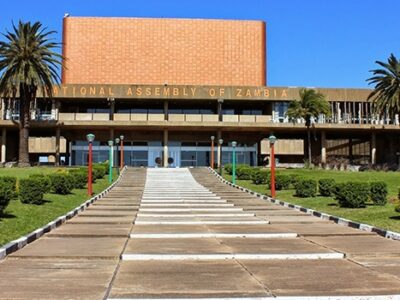The Zambia Women in Engineering Section (ZWES) has expressed concern over male dominance in the development of emerging technologies such as Artificial Intelligence (AI).
ZWES, a section under the Engineering Institution of Zambia (EIZ), aims to foster gender equality, support professional development and empower women to contribute significantly to sustainable development.
Speaking at the ZWES High Tea in Lusaka on Saturday at Raddison Blu Hotel, ZWES Chairperson. Agness Mwansa, stressed the urgency of addressing gender imbalance in tech.
She warned that if nothing was done, male dominance in AI and other technologies would continue to grow in the coming decades.
“Available evidence reveals that when systems are created predominantly by males, they often reflect inherent biases. It is imperative to bridge the digital gender gap now to ensure that women can fully contribute to the growth of digital technologies at all levels,” Mwansa said, highlighting the objectives of the Global Digital Compact overseen by the United Nations Secretary-General.
“There can be no significant change without the contribution of women’s unique perspectives and capabilities.”
Read more: 1,500 students to converge in Zambia for World Skills Africa Competition in 2025
Mwansa pointed out that women remain underrepresented in engineering, noting that the proportion of female engineers globally is only 16 percent. This is despite increased investment in STEM education for girls.
She stated that many stories of resilience and innovation from female engineers go untold, although these professionals had been pivotal in addressing global challenges, from climate change to healthcare, technology, and mining.
At the same event, EIZ president, Wesley Kaluba, praised women in engineering for breaking barriers in male-dominated fields and leading transformative projects.
He urged female engineers to step up with diverse viewpoints, particularly in addressing critical challenges such as climate change and energy deficits in Zambia.
“As the country continues grappling with climate change and other critical issues, I implore you to step up with diverse viewpoints aimed at finding solutions to these societal problems and improving the quality of life,” Kaluba said.
“We recognise that the future of our profession depends on the diverse perspectives and talents that women bring to the table, and we are actively working to provide platforms for women to advance their careers through professional development, networking opportunities, and initiatives that support work-life balance,” she added.
WARNING! All rights reserved. This material, and other digital content on this website, may not be reproduced, published, broadcast, rewritten or redistributed in whole or in part without prior express permission from ZAMBIA MONITOR.












Comments